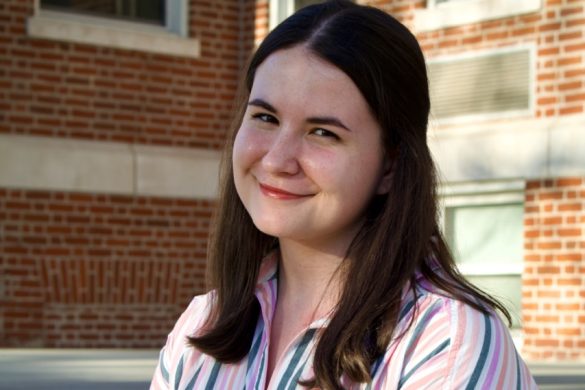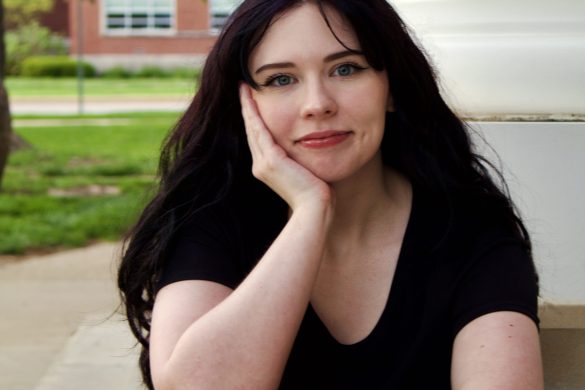From Donald Trump talking to his reflection on “The Tonight Show with Jimmy Fallon,” to Hillary Clinton dabbing on “Ellen,” politicians in the modern world have been acting more and more like a regular celebrity, and they also have started to be treated as such. The issue with this is that their positions on serious issues involving the country, or its people, are not being taken seriously.
Politicians have been appearing on talk shows since John F. Kennedy was elected in 1960 and became America’s first “TV President.” Before his election, Kennedy appeared on “Tonight Starring Jack Paar,” and talked about communism, according to the Washington Post. Since then, it has become normal for political candidates to make an appearance on talk shows and other similar programming. However, these appearances have changed drastically in both style and frequency. Rather than simply talking about issues, politicians appear to have casual or fun conversations and play games. For example, Mitt Romney appeared on Jimmy Fallon to “slow-jam the news,” during his 2012 run for the presidency. Having the candidate read headlines while accompanied by soft jazz instrumentals and Fallon’s occasional comedic quip does not provide any insight into Romney’s opinions on such events.
As to the frequency of talk show visits by politicians, the rate has increased dramatically in the past several years. According to CBS News, within a year after being elected for his second term, Barack Obama had appeared more than 10 times on daily and nightly talk shows. There are two reasons this is a problem: First, according to The Washington Times, each of these visits is paid for by taxes. The second is that this represents even more time that the President is relaxing and having fun, rather than completing the work he was elected to do.
As for the current president, the man was a celebrity before he even became a candidate for the presidency. Trump reinvented his personality and became more famous than he ever was through his television show “The Apprentice” and through his many cameos in film and television throughout the 1990’s and early 2000’s. While his celebrity staus status may not have been the deciding factor during the election, it certainly helped.
This transformation in the way we see politicians is a bad thing because policies, programs and plans are no longer the topics of discussion. Rather than spending several minutes discussing their ideas and the reasons behind their policies, as Kennedy did nearly 60 years ago, modern politicians are laughing with Fallon and dancing with DeGeneres.
Politicians are becoming personalities, rather than the people who run the country; and the people of the United States are becoming increasingly passionate about whom they support, yet less aware of the policies they support. I cannot tell you what Jeb Bush stood for, but I remember when he pretended to be an Uber driver for Jimmy Kimmel in the opening for the 2016 Emmy’s.
When Obama appeared on Zach Galifianakis’ “Between Two Ferns,” he said he had decided to go on the show because “That’s what young people like to watch.” However, according to bipartisanpolicy.org, while Obama did claim more than 60 percent of the 18-to-29-year-old vote, there were still fewer voters within that age group than in the previous election year. All of these talk show appearances are not helping attract more younger people to vote; they’re only motivating those who already vote.
Politicians’ overwhelming desire to appear on talk shows and seem entertaining causes people to not understand the stances of these politicians, and also causes the politician to be seen as only personalities, rather than people the citizens need to vote for. Politics is being turned into entertainment, rather than something important. As citizens of the United States, we should control what it is our politicians do, and who are politicians are. So remember that, regardless of how many times they go on a talk show, we must know not just their personalities, but what it is they believe in and plan to do.








